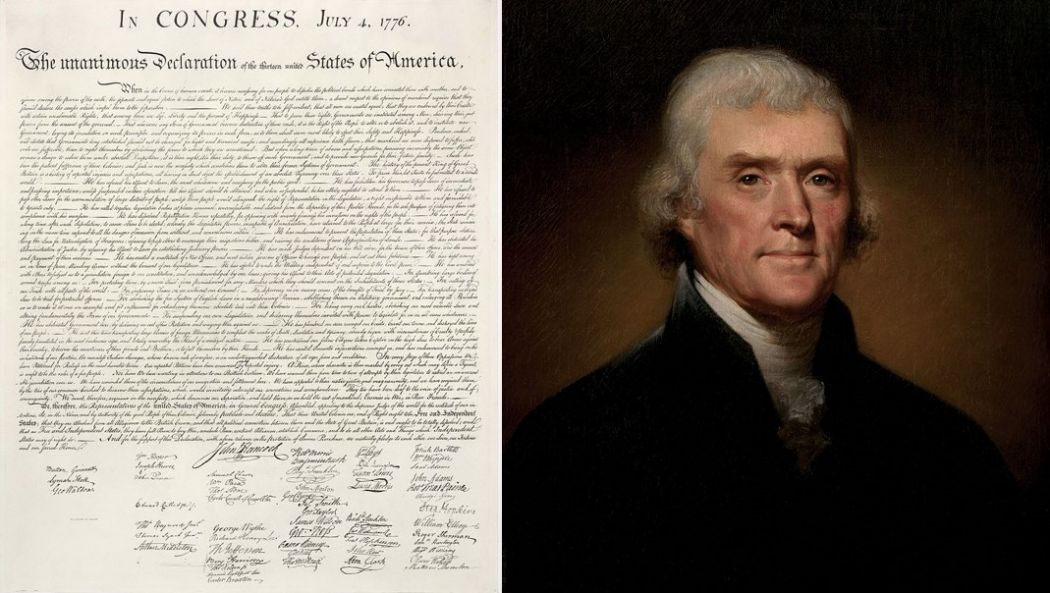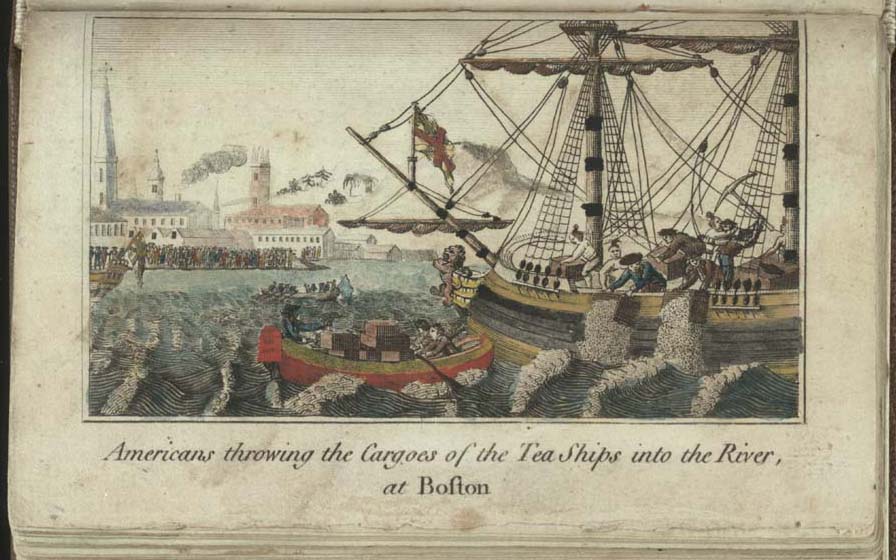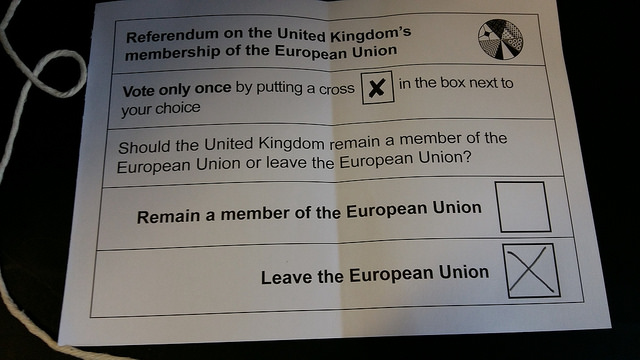On this day 240 years ago, the Continental Congress in Philadelphia announced the Declaration of Independence, which proclaimed the exit of America from Great Britain as Britain now declares independence from Europe.
America had long been a loose cannon within the British Empire, opposing London’s policies for decades, just as Britain has opposed some European Union (EU) policies for years – such as a common currency and the removal of border controls.

Whereas issues of sovereignty have been surpassed by immigration as the driving force for the UK’s “Leave” campaign, in eighteenth century America it was sovereign power over taxation which caused greatest argument. Large-scale American protests erupted in 1765 after London’s Parliament passed the Stamp Act, a tax intended to raise revenues for the British to base a permanent army in America.
Colonists protested against the tax under the now infamous banner of “no taxation without representation.” They began a boycott of British goods, and mobs attacked the homes of tax collectors working for the British. The ugly scenes we have witnessed in Britain over the last week or so – racist chants and banners telling “foreigners” to go home – belong only in distant history.
“No taxation without representation” is a feeling that runs through Brexiters who feel that the EU takes UK tax payers’ money and is not held accountable for its spending. The fact that the European Parliament that passes EU budgets is an elected body – albeit with poor turnouts in Britain for EU elections – is overlooked. As is the fact that much of the money flows back into relatively deprived areas of the UK, most obviously Wales, which voted overwhelmingly and ironically to leave the EU.
Colonists in America reluctantly accepted British rule – until Parliament passed the 1773 Tea Act, a law designed to help the British East India Company by lowering tax on its tea and granting it a monopoly in America. This allowed the East India Company to undercut its competitors, even including smugglers. For many colonists it was the last straw following a flurry of tyrannical taxation measures.

Hence the rise in the state of Massachusetts of militant Patriots who organised the “Boston Tea Party,” when 18,000 pounds’ worth of British tea was dumped into Boston Harbor.
What stoked the Brexiters fire more than anything in recent events – and is perhaps the equivalent of the Tea Act in 1770s America – was Chancellor Merkel’s decision to allow unlimited numbers of Syrian refugees into Germany – and therefore the EU. The fact that this influx of war-ravaged, desperate humanity was curtailed after a short period was one of many facts lost in the mire of the Brexit debate.
Of course, the US/Brexit analogy soon breaks down. Outraged by the Boston Tea Party and the destruction of Crown property, the British closed Boston Harbor and officially established military rule in Massachusetts. Also, British officials in America were given immunity from prosecution.
It was then that the colonists called the first Continental Congress – a meeting of representatives from all thirteen American colonies (which would later become states) – to consider forming American resistance to the British.
In April 1775 at Lexington, Massachusetts, the first shots were fired – by British forces against American militiamen – and the American Revolution began.
Unlike the European Parliament which has given a growing number of “special case” concessions to Britain for decades, in the eighteenth century Britain’s Parliament refused to negotiate with the Americans.

In the spring of 1776, the Continental Congress called for the thirteen colonies to form their own governments – here we have the beginning of the “United States.” To draft a declaration of independence, the Continental Congress appointed a “Committee of Five”, led by Thomas Jefferson of Virginia.
To justify American independence, Jefferson drew from the political philosophy of John Locke. Locke believed that revolution is not only a right but an obligation in certain circumstances.
So, on July 4, 1776, the Continental Congress announced America’s separation from Britain through the Declaration of Independence:
“We hold these truths to be self-evident, that all men are created equal, that they are endowed by their Creator with certain unalienable Rights, that among these are Life, Liberty and the pursuit of Happiness….

These united Colonies are, and of Right ought to be Free and Independent States, that they are Absolved from all Allegiance to the British Crown, and that all political connection between them and the State of Great Britain, is and ought to be totally dissolved; and that as Free and Independent States, they have full Power to levy War, conclude Peace, contract Alliances, establish Commerce, and to do all other Acts and Things which Independent States may of right do.”
Last week’s declarative “I-told-you-so” speech at the European Parliament by the UK Independence Party’s leader, Nigel Farage, was rather less eloquent.
Paul Letters is a historian, journalist and novelist. His first novel, A Chance Kill, is a World War II thriller/love story. On RTHK’s Radio 3, he broadcasts a history show which is available as a podcast. See paulletters.com.
